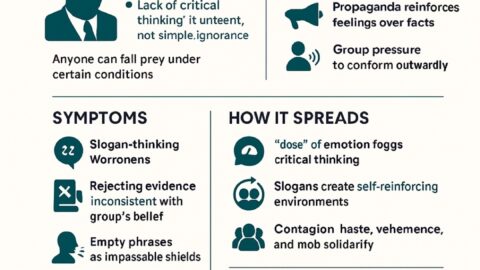2 ‘Marriage Lessons’ Most Couples Learn the Hard Way
Marriage is one of life’s most rewarding yet challenging relationships, often teaching lessons through experience and introspection. The two key lessons below offer insight into how couples can build stronger, healthier partnerships through conscious effort and self-awareness.
Lesson 1: Nobody Is Born a Good Partner
No one enters marriage as a perfect partner. Being a good spouse, much like being a good parent, friend, or professional, is learned over time through experience, mentorship, and conscious effort.
The Growth Process
- Learning Through Examples:
We often emulate behaviors we’ve seen in our family, friends, or cultural influences. If we were fortunate to witness healthy relationships, we might have a head start. If not, we must unlearn toxic patterns and adopt healthier ones. - Choosing Virtue:
Becoming a good partner means prioritizing virtues like patience, empathy, communication, and sacrifice. It requires asking, “Am I building habits that support a virtuous life?” - The Journey of Growth:
As Maya Angelou wisely said, “Do the best you can until you know better. Then when you know better, do better.” Every person starts somewhere, and the journey involves continually striving to learn, grow, and improve.
Understanding Effort and Potential
While people may be doing their best at their current level of understanding, true growth requires raising their level of consciousness.
Assuming the Best in Others:
Brené Brown highlights the importance of assuming positive intent:
- “All I know is that my life is better when I assume that people are doing their best. It keeps me out of judgment and lets me focus on what is, and not what should or could be.”
By giving your partner the benefit of the doubt, you reduce judgment and create a safe space for growth.
Raising Consciousness:
Deepak Chopra offers another perspective:
- “People are doing the best that they can from their own level of consciousness.”
This reminds us that self-awareness is key. As individuals raise their consciousness—by reflecting on their actions, seeking feedback, and striving for virtue—they become better partners.
Lesson 2: What You Put In Is What You Get Out
Marriage, like any meaningful relationship, thrives on reciprocity and intentional effort. The love, time, and energy you invest will largely determine the relationship’s strength and satisfaction.
The Law of Reciprocity in Relationships
- Effort Equals Reward:
If you nurture your relationship with love, respect, and understanding, it will likely flourish. Conversely, neglect or negativity can erode the foundation of trust and connection. - Emotional Deposits:
In Dr. Stephen R. Covey’s “The 7 Habits of Highly Effective People,” he discusses the concept of an Emotional Bank Account. Positive actions—such as listening, showing appreciation, and fulfilling commitments—make deposits into this account. Negative actions, like criticism or neglect, make withdrawals. Over time, the balance determines the health of the relationship.
Practical Applications
- Invest in Communication:
Open, honest, and empathetic communication is the cornerstone of a strong marriage. Make time for meaningful conversations and actively listen to your partner’s needs and concerns. - Show Appreciation:
Gratitude fosters a sense of value and respect. Small acts of appreciation, like saying “thank you” or leaving a thoughtful note, can have a big impact. - Prioritize Quality Time:
Shared experiences strengthen bonds. Whether it’s date nights, shared hobbies, or simply being present, the time you invest directly contributes to your relationship’s success. - Be Willing to Sacrifice:
Marriage often requires putting your partner’s needs before your own. While this doesn’t mean losing your individuality, it does mean practicing selflessness and compromise. - Focus on Self-Improvement:
A better “you” leads to a better “us.” Invest in your own growth—emotionally, spiritually, and intellectually—to bring your best self to the relationship.
Final Thoughts
Marriage is a dynamic relationship that requires ongoing effort and intentionality. These two lessons—acknowledging that nobody starts as a perfect partner and understanding that what you put in is what you get out—serve as foundational truths for couples navigating the complexities of a shared life.
By focusing on growth, raising consciousness, and investing in the relationship, couples can build a partnership that not only endures but thrives.







